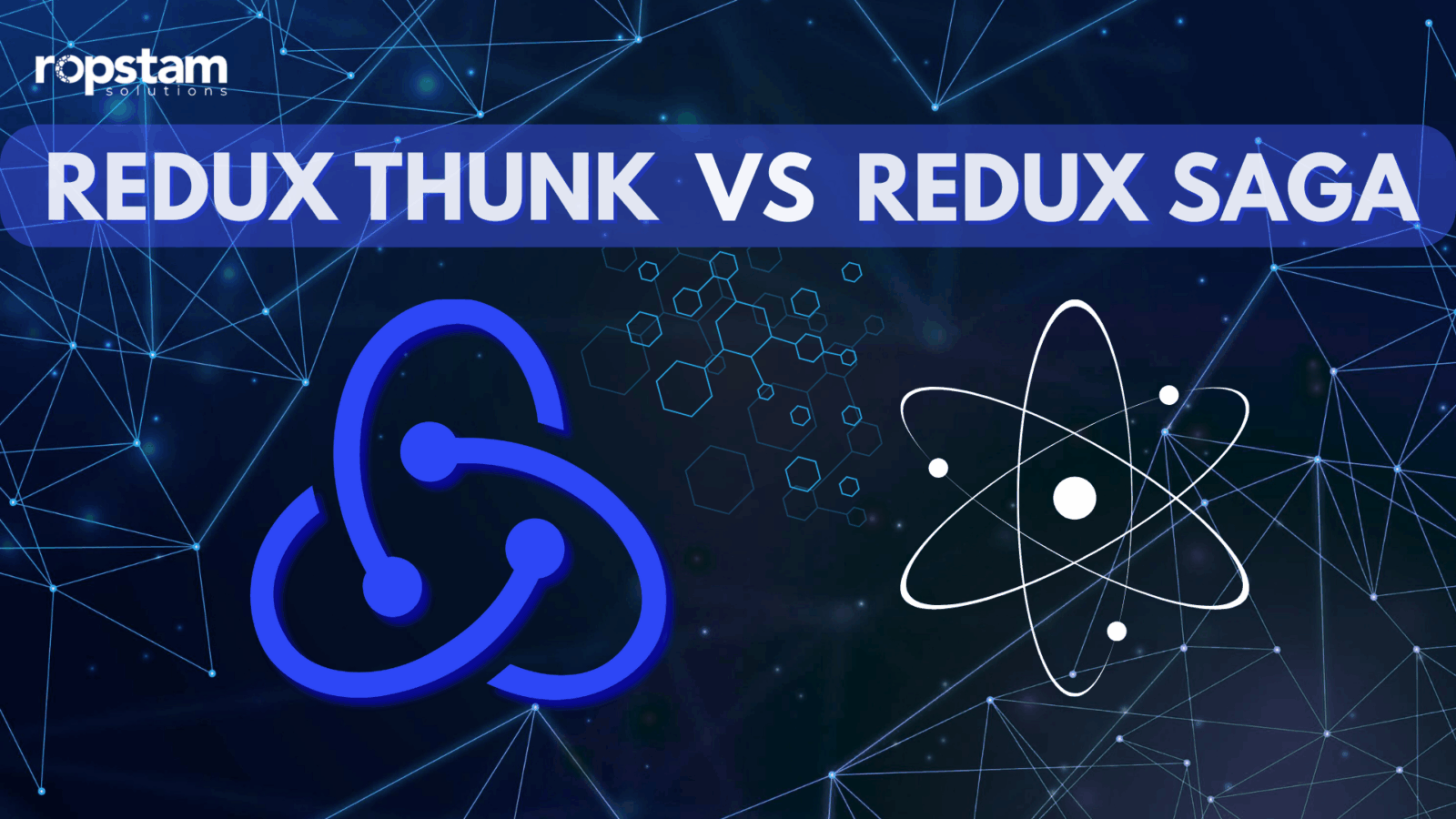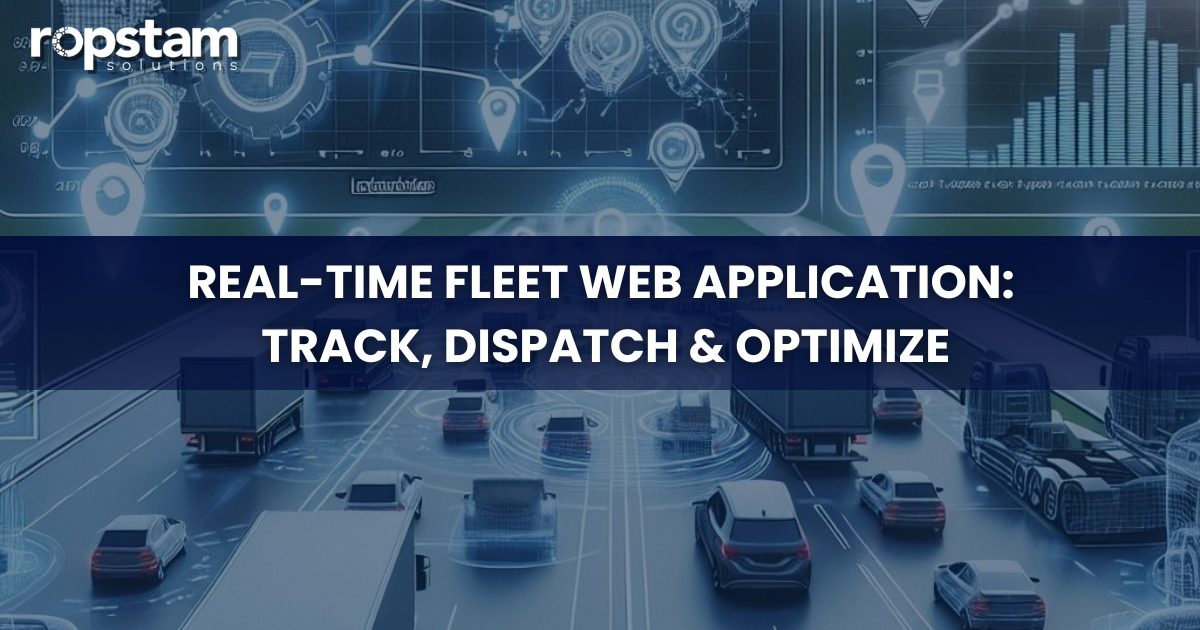Searching for the ideal E-commerce platform to promote your brand? While there are tens of options in this regard, you must have come across WooCommerce and Magento in your search before kickstarting the initiative. While both serve the same purpose, there are several differences you must keep in mind before making the final decision.
In this blog, we will define both WooCommerce and Magento and evaluate their differences in terms of varying factors to make your life easier as a business owner. So, without further ado, let’s dig into this topic!
What is WooCommerce
WooCommerce stands out as a premier open-source e-commerce solution, integrated as a plugin for the WordPress content management system (CMS). This powerful combination has made WooCommerce a go-to choice for businesses of all sizes, from small startups to large enterprises, looking to establish a robust online presence.
1. Budget Friendliness
One of the key strengths of WooCommerce lies in its beginner-friendly nature, making it an accessible tool for store owners who may have limited or no prior experience in web development. Not to mention that the platform’s intuitive interface ensures that users can easily navigate and manage their stores without the need for extensive technical knowledge.
2. Large Number of Plugins
One of the most compelling aspects of WooCommerce is its high degree of customization. Leveraging the vast ecosystem of WordPress, WooCommerce users have access to thousands of themes and plugins that can be used to tailor their online stores to match their brand identity and business requirements. Whether you’re looking to create a minimalist, modern design or a feature-rich, interactive shopping experience, WooCommerce provides the flexibility to achieve your vision.
3. Support for SEO
It is pertinent to state that WooCommerce’s integration with WordPress means that store owners can take advantage of the CMS’s built-in SEO features, ensuring that their online stores are optimized for search engines right out of the box. This includes descriptions and creating SEO-friendly URLs, editing meta titles and descriptions, and using advanced SEO plugins like Yoast SEO or Rank Math to further enhance visibility and drive organic traffic.
4. Hidden Costs
While WooCommerce is a free and open-source platform, it’s important to note that there are additional costs associated with running a fully functional online store. These may include hosting fees, domain registration, and the purchase of premium themes or plugins to extend the platform’s capabilities. However, compared to other E-commerce solutions like Shopify, which charge monthly fees and transaction fees, WooCommerce offers a more cost-effective model, especially for businesses on a budget.
What is Magento
Magento, now known as Adobe Commerce, is a robust and extensive open-source e-commerce platform owned by Adobe. This powerful solution is designed to help businesses of all sizes build, grow, and manage their online stores with precision and flexibility. Written in the PHP programming language, Magento is an ideal choice for users who have a solid foundation in web development.
Adobe Commerce stands out as a complete, flexible, and customizable platform, making it an excellent fit for both medium-sized and enterprise-level organizations. The system provides full control over your online store, enabling you to make custom changes and expand its functionalities to meet your unique business needs.
Adobe Commerce offers three significant products, each tailored to different business needs and budgets:
1. Magento Open Source
Magento Open Source is the free version of the platform, providing a comprehensive set of core e-commerce features needed to start and build your online store. This edition includes flexible catalog management, sophisticated promotional engines, integrated content management system (CMS) web pages, and a wide range of responsive themes.
While this version of Magento is free to download and use, you will still need to cover the costs of domain registration, hosting, and maintenance.
2. Magento Commerce
Magento Commerce is the premium version of the platform, designed for large e-commerce stores that require top-tier features and capabilities. This edition comes with cloud hosting and dedicated support, ensuring that your online store runs smoothly and efficiently. Magento Commerce offers enhanced performance, security, and scalability, making it an ideal choice for businesses that need to handle high traffic volumes and complex operations.
3. Magento Commerce Cloud
Magento Commerce Cloud is another premium version that is specifically designed for businesses that require a fully managed, cloud-based solution. Wondering what makes Magento Commerce Cloud unique? Here’s the answer: This particular version offers all the features of Magento Commerce, along with additional benefits such as automated scaling, continuous integration and deployment, and advanced security measures.
WooCommerce vs Magento: Factor-Wise Comparison
Now that you are familiar with the workings and definition of both E-commerce platforms, it’s time to expand this debate. Here we will perform an unbiased and detailed comparison of WooCommerce and Magento:
- Pricing
- Learning Curve
- SEO-Friendliness
- Product Management
- Security
- Customization
- Community Support
1. Pricing
WooCommerce:
- Cost: WooCommerce is a free open-source plugin that runs on WordPress.
- Scalability: Despite being free, WooCommerce can scale with your business. As your needs grow, you can add more plugins and extensions to enhance functionality.
- Maintenance: The cost of maintenance can vary. While WordPress and WooCommerce updates are free, you may need to pay for security plugins and regular backups.
Magento:
- Cost: Magento offers both a free open-source version (Magento Open Source) and a premium version (Magento Commerce). The free version is similar to WooCommerce in terms of initial cost, but you will still need to cover hosting, domain, and maintenance costs. The premium version, Magento Commerce, includes cloud hosting and dedicated support, which can be costly.
- Scalability: Magento is designed to handle large-scale operations and can support high traffic volumes and complex business requirements. However, the premium version can be expensive for small businesses.
- Maintenance: Magento requires more technical expertise for maintenance, which can add to the overall cost.
Winner:
WooCommerce – For small and medium-sized businesses, WooCommerce offers a more cost-effective solution with lower initial and ongoing costs.
2. Learning Curve
WooCommerce:
- Ease of Use: WooCommerce is known for its user-friendly interface and ease of use. It is particularly suitable for beginners and those with little to no web development experience. The integration with WordPress means that users can leverage the familiar WordPress dashboard to manage their e-commerce store.
- Customization: While WooCommerce is user-friendly, it still offers a high degree of customization through plugins and themes.
Magento:
- Technical Expertise: Magento is more complex and requires a higher level of technical expertise. It is better suited for businesses with a dedicated development team or those willing to hire a professional developer.
- Documentation: Magento also has extensive documentation and community support, but the learning curve is steeper. Users need to be familiar with PHP and other web development technologies to fully leverage the platform’s capabilities.
- Customization: Magento offers a vast array of customization options, but these require more technical knowledge to implement.
Winner:
WooCommerce – For beginners and those with limited technical expertise, WooCommerce’s user-friendly interface and ease of use make it the clear winner.
3. SEO-Friendliness
WooCommerce:
- Built-in SEO: WooCommerce is built on WordPress, which is inherently SEO-friendly. It includes features like clean URLs, meta tags, and XML sitemaps. Additionally, you can enhance your SEO with plugins like Yoast SEO or Rank Math.
- Performance: WooCommerce is lightweight and can be optimized for fast loading times, which is crucial for SEO. However, the performance can vary depending on the hosting provider and the number of plugins used.
- Content Management: The integration with WordPress means that you can easily create and manage content, which is essential for SEO.
Magento:
- Advanced SEO Features: Magento offers advanced SEO features, including URL rewrites, meta tags, and sitemaps. It also supports rich snippets and structured data, which can improve search engine visibility.
- Performance: Magento is known for its robust performance, especially the premium version with cloud hosting. However, poorly optimized stores can still face performance issues.
Winner:
Draw
4. Product Management
WooCommerce:
- Catalog Management: WooCommerce provides a straightforward and user-friendly interface for managing products. You can easily add, edit, and organize products, and the platform supports various product types, including simple, variable, and grouped products.
- Scalability: While WooCommerce can handle a large number of products, it may struggle with very large catalogs. For complex product management, you may need to use additional plugins.
Magento:
- Advanced Catalog Management: Magento is designed to handle complex and large-scale product catalogs. It offers advanced features like multi-source inventory management, product attributes, and tiered pricing.
- Scalability: Magento can easily manage large and complex product catalogs, making it ideal for enterprise-level businesses.
- Customization: Magento provides extensive customization options for product pages and attributes, allowing for a highly tailored user experience.
Winner:
Magento – For businesses with complex and large-scale product catalogs, Magento’s advanced features and scalability make it the better choice.
5. Security
WooCommerce:
- Built-in Security: WooCommerce relies on WordPress for its security features. While WordPress is generally secure, it is a popular target for hackers. Regular updates and the use of security plugins are essential to keep your store secure.
- Two-Factor Authentication (2FA): While WooCommerce supports 2FA through plugins, it is not a built-in feature.
Magento:
- Advanced Security Features: Magento offers advanced security features, including 2FA, customized admin URLs, and robust security patches. The premium version, Magento Commerce, includes additional security measures and dedicated support.
- Regular Updates: Magento is regularly updated to address security vulnerabilities, ensuring that the platform remains secure.
- Compliance: Magento is designed to meet industry standards for security and compliance, making it a preferred choice for businesses that handle sensitive data.
Winner:
Magento – Magento’s advanced security features and dedicated support make it the better choice if your business requires a high level of security.
6. Customization
WooCommerce:
- Themes and Plugins: WooCommerce offers a wide range of themes and plugins, making it easy to customize your store’s appearance and functionality. The integration with WordPress means that you can use any WordPress theme or plugin, providing a high degree of flexibility.
- Development: While WooCommerce is user-friendly, it may require some development knowledge to fully customize the platform.
- User Interface: The user interface is intuitive, making it easy for non-developers to make changes and updates.
Magento:
- platform supports custom themes, extensions, and modules, providing extensive flexibility.
- Development: Magento requires more technical expertise for customization, making it better suited for businesses with a dedicated development team or those willing to hire a professional.
- User Interface: The user interface is more complex and may require a steeper learning curve, but it offers more advanced customization options.
Winner:
Draw
The Verdict
As an online business owner looking to make a mark in the E-commerce industry, of utmost importance is selecting the ideal E-commerce platform. You must make an informed decision after evaluating the pros and cons of both WooCommerce and Magento and analyzing the scope of your project.













